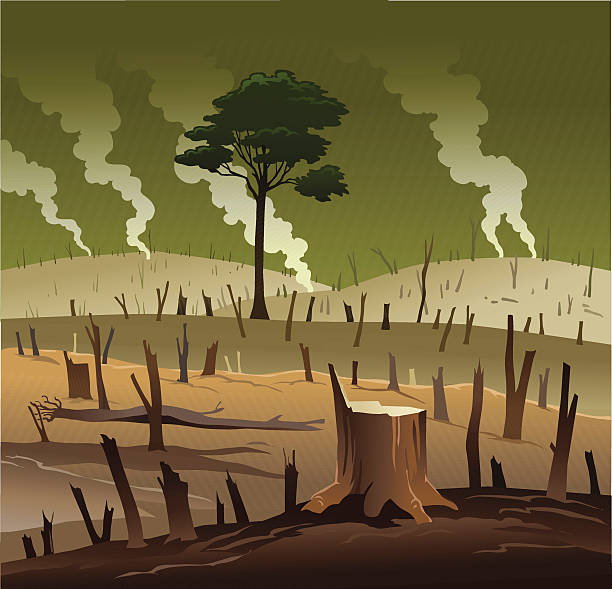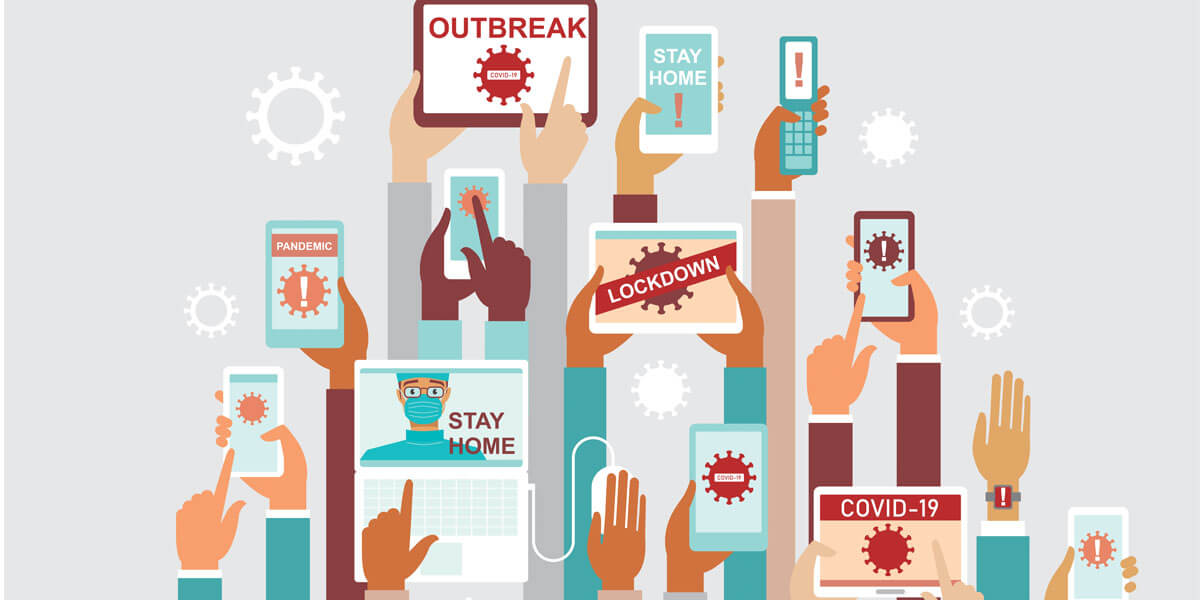
The rise of working from home (WFH) has been though to amplify existing labor market inequalities because it often disadvantages certain social groups in terms of prevalence and wage returns. The Inter-American Development Bank (IDB) sponsored a research partnership between Universidade Estadual de Campinas (UNICAMP) and Columbia University to investigate differences in earnings penalties associated with WFH between groups of gender and race before and during the COVID-19 pandemic in Brazil. The study explains how and why the earnings penalty associated with WFH diminished for White and Black men during the pandemic while remaining high for White and Black women.



